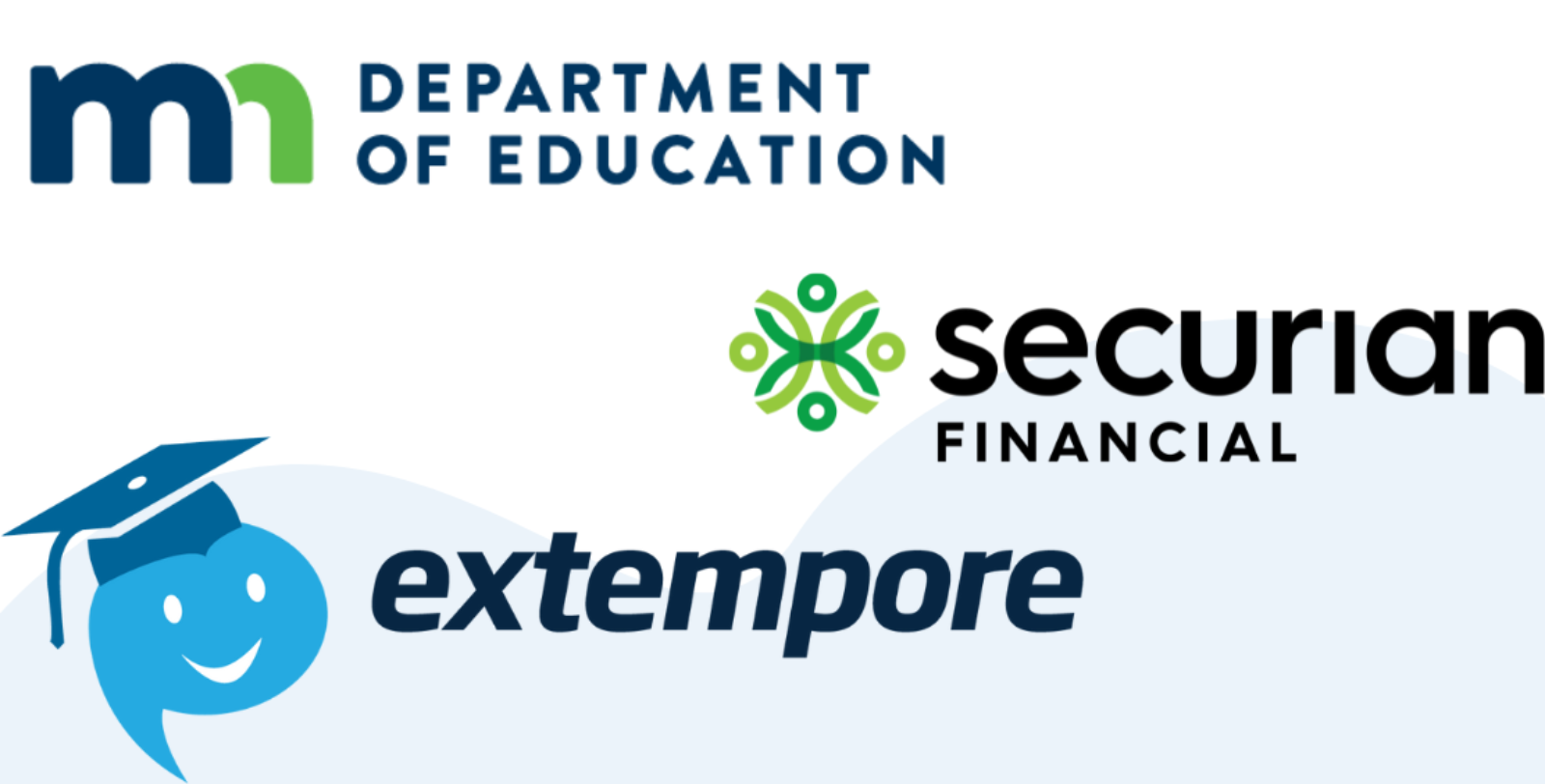All world language teachers have surely encountered the student who is content to sit back in class and allow others to speak up first. Maybe he's naturally soft-spoken or maybe he's anxious about making a mistake. Whatever the reason, some students take a back seat in class and, in turn, deprive themselves of the many opportunities that a classroom provides for developing speaking competence in the target language. Though convincing this sort of learner to regularly speak out loud will likely always be a challenge, activities completed via the Extempore app can help ensure that our most soft-spoken students are taking responsibility for their own language learning.

Naturally, the great thing about Extempore activities completed outside of the classroom is that our shy students will simply be obligated to speak more and get those necessary repetitions in. Rather than sinking into his desk or hiding in the corner of the classroom, the shy student must meet the challenge of learning to use a new language in meaningful ways. When working with Extempore, the soft-spoken student can't simply wait to be called on (i.e. transferring the responsibility of using the language to the teacher); instead, he'll need to take responsibility for his own language learning by choosing when to complete the activity, what to say, and how to achieve the aim of the activity.
Another great thing about Extempore is that it promotes awareness in our students of their own strengths and weaknesses when communicating. This can motivate students--whether extroverted or introverted--to address their weak spots (e.g. pronunciation, verb usage, vocabulary choice) and take charge of their own learning in unique ways. Talk about "student-centered"!

And just as importantly, Extempore is a tool that promotes creativity and risk-taking for educational gain. Our students will likely feel more empowered to speak openly and at length when freed from the anxiety-inducing "glare" of the teacher or the constant self-criticism brought on by more proficient, or perhaps just more outspoken, peers.
For instance, if assigned to prepare a "show-and-tell" speaking exercise in class in front of peers, the shy student will likely do everything in his power to be as brief as possible to get away from the heat of the "spotlight" and to avoid embarrassment in front of classmates. When these inhibitors are reduced or removed altogether, though, the shy student will likely find much more to say--and in much more creative, thoughtful, and confident ways--about his treasured souvenir. This sort of authentic output gives the teacher a much more accurate snapshot of emerging linguistic abilities and simultaneously provides a platform where risks can be comfortably taken and where strides in learning can be made onthe student's own terms.
If you are looking for more avenues of authentic output and speaking practice, we have a task database for you to consult.


